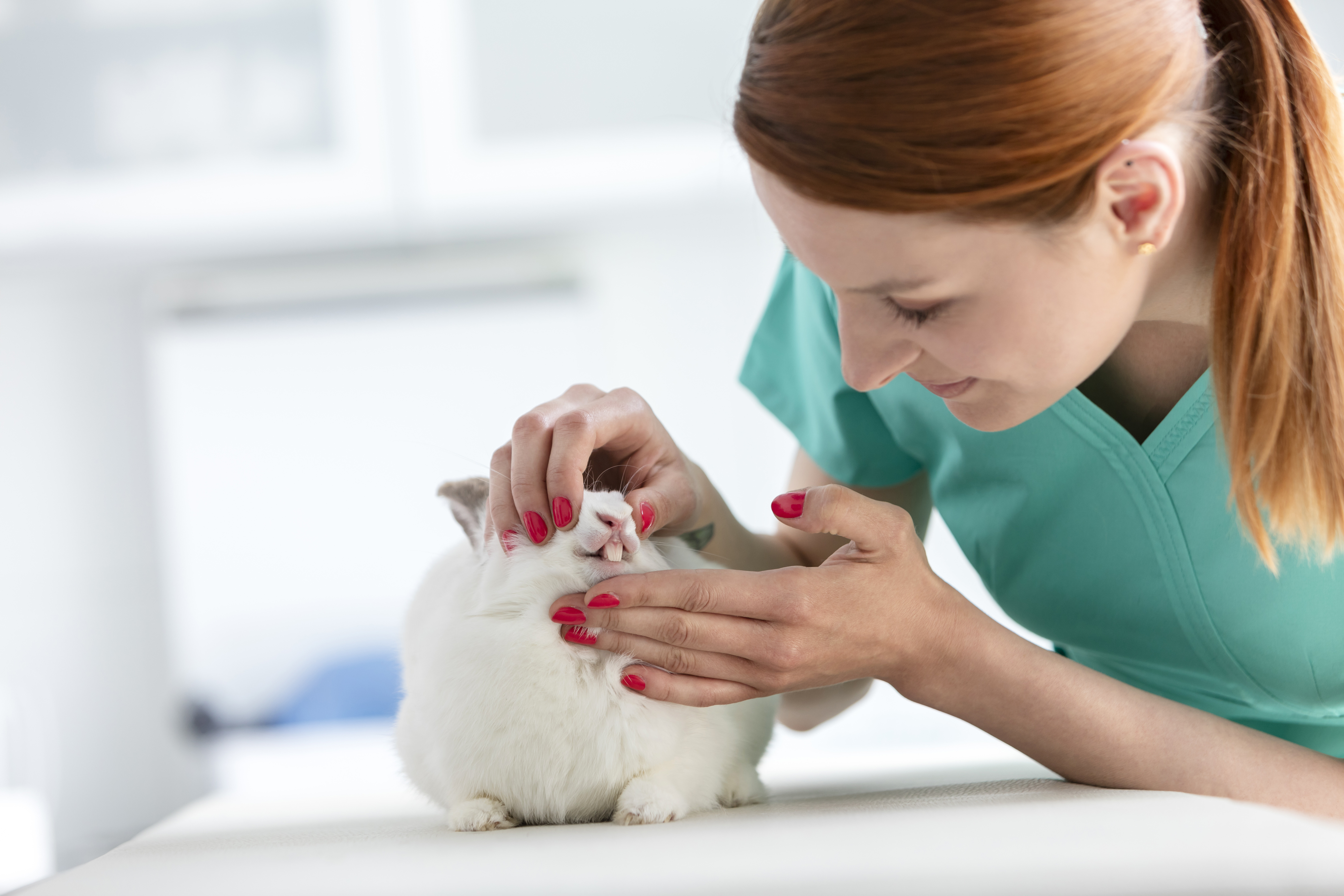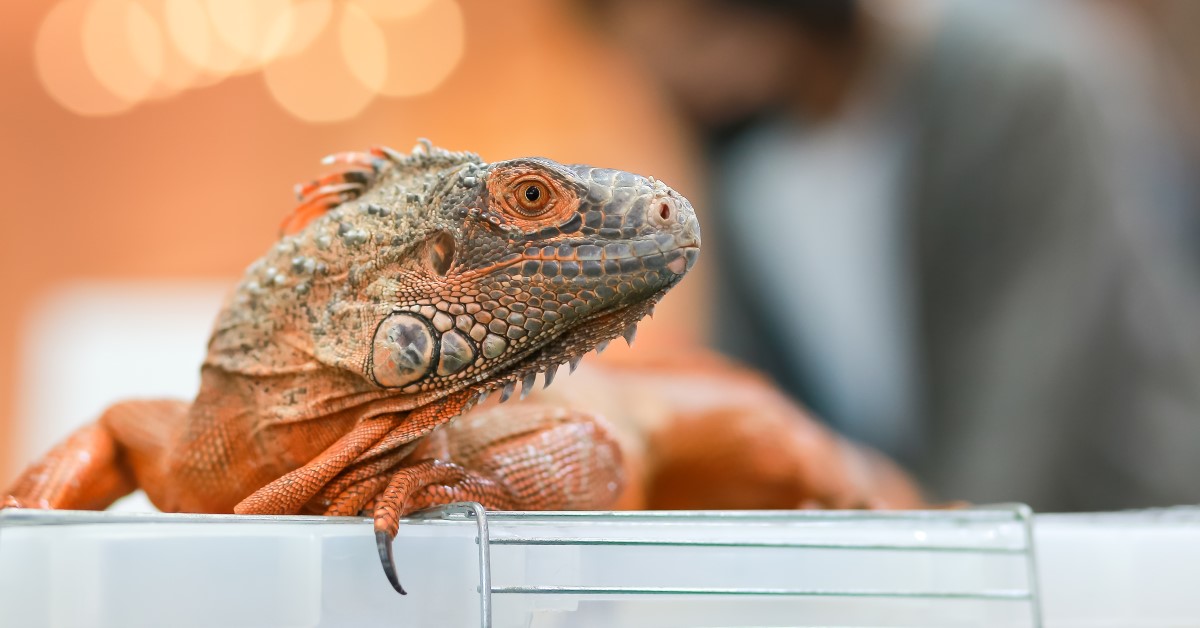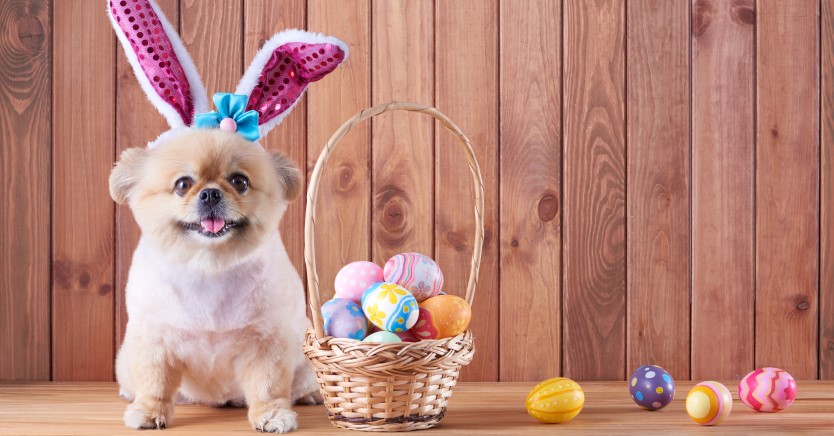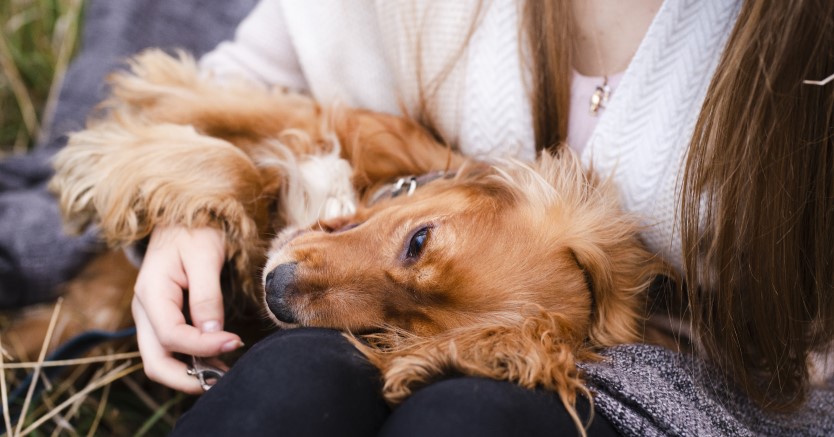Rabbit Teeth: What to Do If One Breaks
Learn the signs, symptoms and general care tips that any beginner or advanced rabbit owner should know to keep their bunny's teeth healthy

Rabbits are generally considered an “easy” pet to care for and are a common first pet for children. They are small in size, require less attentive energy, and are less expensive to care for than say a dog- but like anything in life, there can be risks involved. What people don’t realize about rabbits is that they can be medically complex creatures- especially in the dental realm- despite their adorable appearance.
While a cute, furry rabbit might seem like a low-maintenance pet at first, it’s important to be aware of health problems that can arise before purchasing one. Nevertheless, if you are finding this article after getting one, that’s all fine and well too! After all- it is never too late to inform yourself. So, what do you need to know?
Dental complications are one of the most common health issues that present themselves in rabbits. In order to prevent or treat any oral issues, owners need to: develop a healthy relationship with their rabbit, like getting to know its behaviors; inform themselves of the signs and symptoms of dental discomfort, to detect the root of the problem early on; and know what steps to take if their rabbit needs help. That said, let’s give you something to chew on and dive deeper into the details of what to look out for!
Rabbit Teeth: A Tour
At first glance a rabbit’s mouth may seem impossibly small. You’re probably wondering, “how could I possibly get a look at what’s going on in there,” and, “how can such a small area have so many problems?” Well, the tooth of the matter is, the skeletal system of a rabbit, like the jaw and the teeth, is actually pretty intricate! For instance, those “buck teeth” that rabbits are famous for having aren’t just there to make them look cute- they’re called incisors and their function is essential for a rabbits survival. In fact, rabbits have six of them; four on the top and two on the bottom. They also have cheek teeth, or more commonly known as molars.
Rabbit teeth are elodont, meaning that they are ever-growing. Because of this, their large front teeth need to be continually worn down so that they don’t over-grow and become hazardous for the rabbit or its people. Constant gnawing on things and lack of proper nutrients makes a broken tooth one of the most common dental issues experienced by owners. So, how do you know if your rabbit has a broken tooth if you can’t see all of them? Let’s take a look at some signs and symptoms.
Sign and Symptoms of Broken Teeth
Dental issues in rabbits can become fatal very quickly. Because rabbits are prey animals, they do a great job of disguising their pain or any weakness. Unfortunately for pet owners, this means seeing the signs might require extra attention to detail. Here are some signs and symptoms that your rabbit might exhibit if they have a broken tooth:
- Stop eating completely or only eating vegetables (not hay, pellets, etc.)
- Shows interest in food but won’t eat
- Digging/scratching at mouth with paws
- A wet mouth, drool, or sour odor coming from mouth
- Swelling of face/mouth
- Nasal or eye discharge (due to infections in the area)
- Abnormal feces
If you notice any of these symptoms it’s best to refer to your vet immediately. Preferably, seek out a vet that specializes in small animals as they are better equipped to deal with your furry-friend, and be on the look out for those that do dental work too!
What can cause dental problems?
- Most rabbits that are at risk for dental issues live indoors and eat a heavy pellet diet. Rabbits, like any other animal, should eat a variety of foods to be at optimal health. Pellets alone provide nutrition but not enough fiber to keep teeth strong and in shape. In the absence of a well-balanced diet, teeth can grow too long, making the rabbit unable to wear it’s teeth down naturally, inevitably becoming susceptible to breakage.
- Poor breeding can also cause a myriad of health issues in rabbits. Bad genes may cause teeth to grow incorrectly or be weakened.
- Accidental injuries to teeth are uncommon, but do happen. If a rabbit somehow fractures their incisors, it could lead to a bigger break. Subsequently, this can present problems in the future when the tooth grows back in.
What can you do?
The most important thing you can do as a pet owner is get to know your pet intimately. Establish a relationship where they’re comfortable letting you look in and around their mouth. Being aware of what your rabbit’s normal habits are is key to any early detection. The better you know your pet, the quicker you’ll be able to identify any abnormal behaviors. Providing your rabbit with a variety of fiber-rich foods is also necessary. Pellet food provides nutrition but not enough fiber to strengthen teeth and wear them down properly. The best diet for rabbits, indoor or outdoor, is a combination of pellets, hay, vegetables, and other grasses.
Specifically, Alfalfa hay is especially good for very young or very old rabbits as it is high in calcium and protein. Grass straight from your yard – as long as it is free of pesticides and fertilizers – is also an option- but best to play it safe. When putting together your pet’s meal plan, try to incorporate 80-90% hay or grass products. Additionally, rabbits love to play! Find stimulating toys that keep them interested and chewing along. Wood-based toys especially will help wear down their teeth, guaranteeing no over-growth.
In Summary
Dental problems in rabbits can quickly turn into malnutrition or infection. Whether you’re the proud new owner of a rabbit, or have been one for years, it’s important to stay on top of your pet’s health. The best thing you can do is pay attention to your rabbits behavior and have a small animal vet on hand to consult with if any issues arise. All in all- a balanced diet, regular play, and a whole bunch of TLC from its owner is all any rabbit should need to avoid potential dental disaster.
Ready to start saving money on pet wellness care?
Then take a look at Mint Wellness, the pet wellness plan that provides fast reimbursement on routine pet care. Save on vaccinations, wellness exams, preventatives, dental, and more!
Learn More


